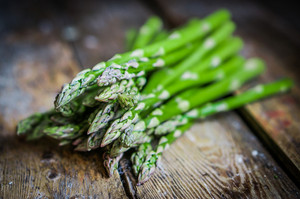Whole Food Diet – Is There Such Thing As A Whole Food Diet?
In this article I will discuss what is meant by the term whole food diet. There is no such thing as a whole food diet, because it is impossible to consume only whole foods. Whole foods are all the parts of the plant that are edible, not the parts that are inedible. A whole food diet is one where you eat the entire plant. The reason for this is that when you eat the entire plant, you get the nutritional value of the plant. When you eat the entire plant, the nutrients are absorbed into the blood stream, and delivered to the cells in the body. This is the reason why many people have great health and vitality.
The problem with eating whole foods is that it is difficult to do. You have to make sure that you know what you are eating. For example, if you want to eat a tomato, you have to peel off the skin, or else you will be ingesting the skin along with the tomato. It is difficult to know which parts of the plant are good for you, and which ones are not. It is also difficult to know which parts of a plant are toxic. The best way to avoid toxins is to grow your own plants. If you don’t have the time to grow your own plants, you can buy organic vegetables at your local grocery store.
The other problem with eating whole foods is the cost. If you eat a lot of whole foods, you will pay more for them than if you eat processed foods. The price of fresh fruits and vegetables has been rising rapidly over the past few years. The price of these foods is expected to continue to rise. This means that the cost of eating healthy will continue to increase. This is a big problem for most people, especially those who are living paycheck to paycheck.

The other problem is that many people think that they are eating healthy when they are actually not. Many people think that they are eating a healthy diet when they are actually consuming a lot of refined sugar, white flour, and highly processed foods. These types of foods are not good for you. They contain a lot of empty calories, and are very bad for you.
If you want to eat healthy, you need to take responsibility for your own health. You cannot depend on the government or large corporations to take care of your health. You need to take charge of your health, and take control of your life.


